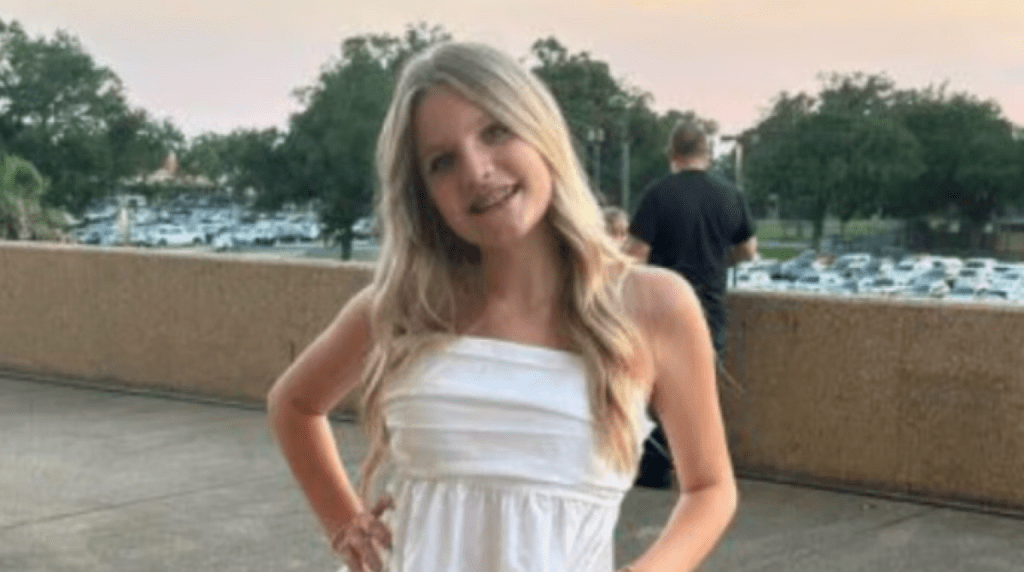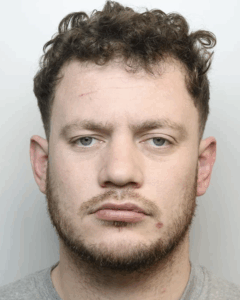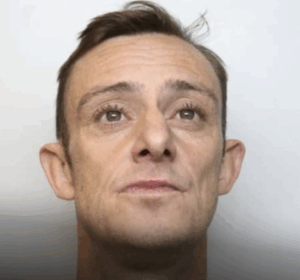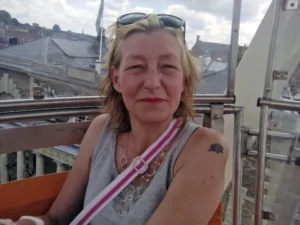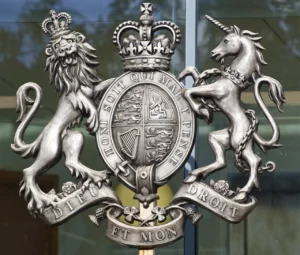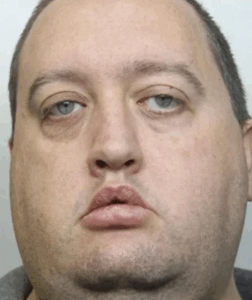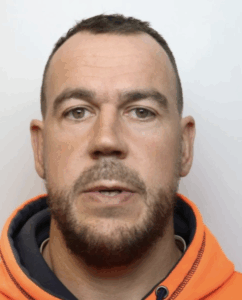In a small-town tragedy turned national online drama, a judge has ordered a Mississippi woman to shut down her social media accounts after her TikTok videos accusing schoolmates of bullying her daughter to death went viral.
After 13-year-old Aubreigh Wyatt died by suicide in September 2023, her mother, Heather Wyatt, began posting about the tragedy on TikTok, quickly amassing hundreds of thousands of followers. Wyatt attributed her daughter’s death to bullying by schoolmates in Ocean Springs, Mississippi.
Though Wyatt did not name the four teens she accused of bullying, their identities surfaced in comments and other social media posts by her followers. The families of the accused teens have since reported harassment and threats, leading them to sue Wyatt for defamation and slander.

On July 1, a Jackson County Chancery Court judge granted an emergency injunction requiring Wyatt to temporarily shut down her TikTok, Facebook, and other social media accounts “to protect the minor children in this case.” Despite the court ordering all records sealed, the injunction order was leaked online and circulated widely.
Wyatt’s supporters have posted TikTok videos protesting her “silencing,” some garnering hundreds of thousands of views. The judge is scheduled to review the order in a hearing next week.
The defamation lawsuit, filed by the four teens’ families on July 2, claims Wyatt invited her followers to identify and harass the teens, despite local police and youth court investigations finding no evidence linking them to Aubreigh Wyatt’s death.
In one emotional TikTok video, Wyatt showed herself discovering her daughter’s suicide notes months after her death, which the family previously thought did not exist. Videos about the case, using hashtags like #LLAW (Live Like Aubreigh Wyatt), have received millions of likes and tens of millions of views.
Wyatt has launched a GoFundMe campaign for her legal expenses, raising over $95,000 from nearly 4,000 donors. She did not respond to requests for comment, and her attorney declined to comment.
Wyatt has stated in her TikTok videos that her goal is to raise awareness about teen mental health issues. However, the plaintiffs accuse her of exploiting the situation for social media clout and revenue.
Patrick Guild, the plaintiffs’ attorney, expressed disappointment over the leaked court order, noting that it has led to widespread misinformation. He insisted that the bullying accusations against his clients are “patently false” and have resulted in threats to their safety.
“What has happened as a result of that is that a lot of different theories, and I’ll say, false information has come out” as to the reasons for the order, Guild said. He emphasized that Heather Wyatt’s large following has elevated these false accusations to a dangerous level.
The case exemplifies the complex intersection of grief, free speech, and online harassment, highlighting the far-reaching impact of social media in amplifying local tragedies to a global audience.

